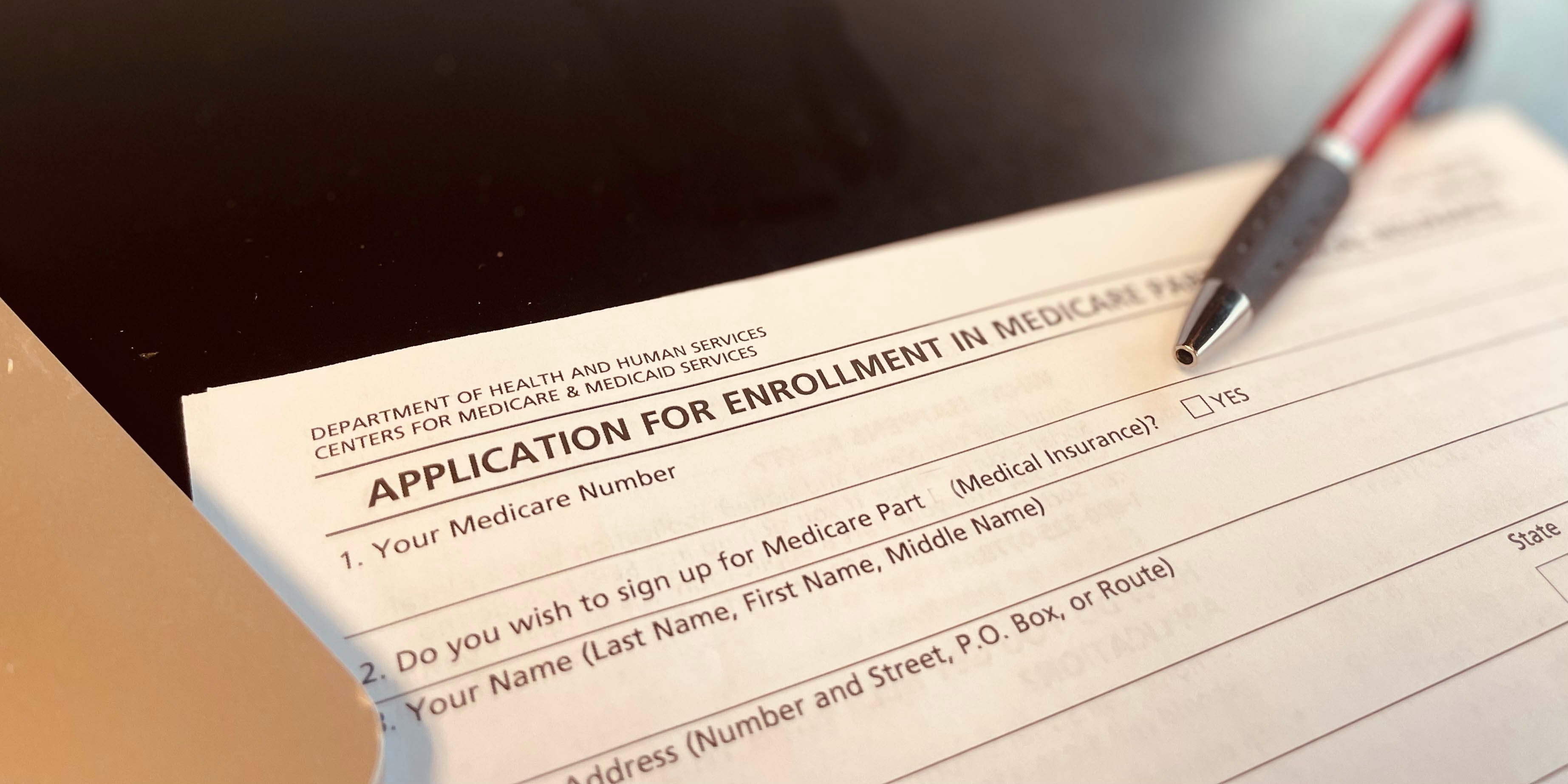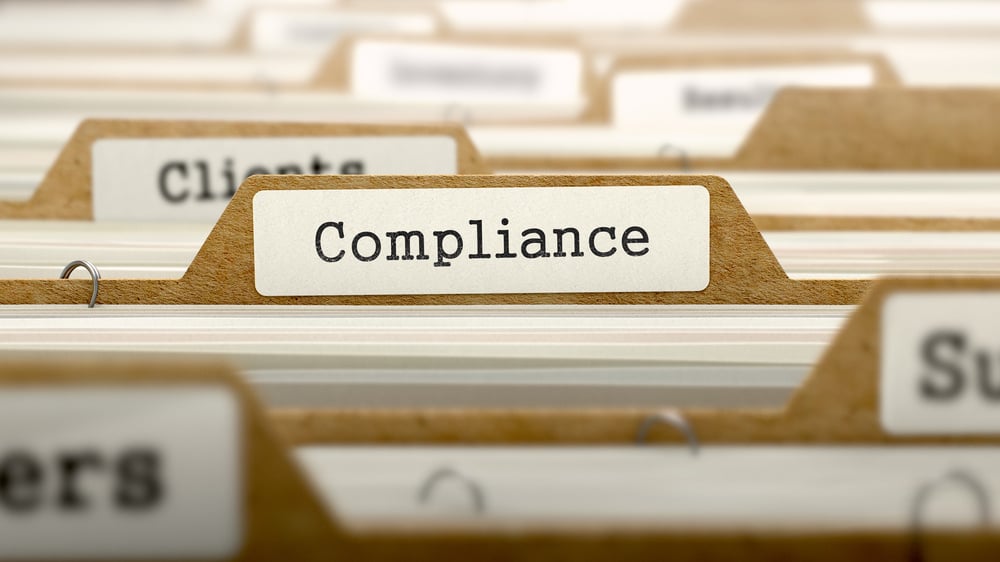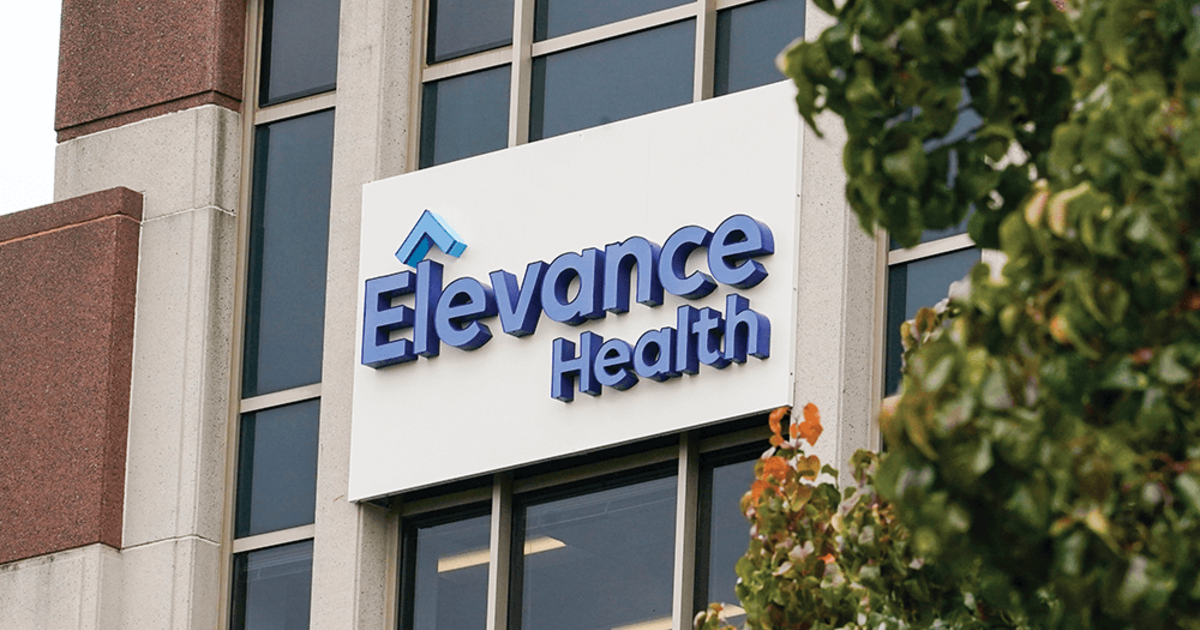How Medicare health plans reach a CMS Five-Star Rating

Each year the Centers for Medicare and Medicaid Services rate the performance of Medicare Advantage plans and Medicare Part D plans through the CMS Five-Star Quality Rating System.
The rating system creates a rank of Medicare plan providers with the goal of improving the health outcomes of Americans. To find out how the system works and what easy improvement plan providers can make, read on...
What is the CMS Five-Star quality rating system?
The CMS Five-Star Quality Rating System is a standardized, objective assessment of the quality of care provided by Medicare health plans. The U.S. government ranks health plans using a set of evidence-based measures, relevant patient health outcomes, and care experiences that are gathered through clinical and administrative data collection, not on patient reviews.
Those measures are then published and plans are rated from one to five, with five as the highest. Clinical outcomes, patient experience, patient safety, and other quality measures, like reliable communication, are calculated to create the ranking. The Medicare Advantage health plans strive for high scores to receive up to a 5% bonus of the plan's benchmark rate and to receive top-billing and early enrollment rights on the Medicare Plan listings.
How does CMS rank health plans on providing accessible communications services for Deaf, hard of hearing, and non-English speaking people?
Medicare Advantage Plans, like any health provider receiving government funding, must comply with government regulations that provide equitable access to all patients. The CMS Five-Star ratings guide specifically ranks providers on Measure C28 and Measure D01, “Call Center Availability of TTY Services and Foreign Language Interpretation When Prospective Members Call the Health Plan”. CMS does so by gauging “the percentage of time that TTY services and foreign language interpretation (over-the-phone interpreting, OPI) were available when needed by people who called the health plan’s prospective enrollee customer service phone line.” This measure was not selected randomly, it is required by law as outlined in ADA of 1990 and the Civil Rights Act of 1964, Title VI.
CMS calculates a health plan’s performance by measuring the number of completed contacts divided by attempted contacts. And defines completed contacts as establishing contact with an interpreter and confirming that the customer service representative can answer questions about the plan’s Medicare Part C benefit within seven (TTY) or eight (OPI) minutes.
Why do Medicare Advantage plans struggle with meeting patients’ experience of care with TTY or foreign language interpreting?
Meeting or exceeding the TTY / Interpreting CMS Rating standard should be an easy win for Medicare plans, however, each year health plans drop in ranking by failing to meet the minimum required standard when tested.
There are numerous causes cited--from failing to properly staff or architect contact centers to deliver accessible communications, to choosing inadequate TTY and foreign language service vendors that cannot meet the speed of answer or provide adequate interpretation, to natural disasters that interrupt services. These failures harm populations who require accessible communications to receive care.
For example, providers that use government 711 Relay to process TTY calls cite a failure in answer attempts and seven-minute information delivery. This is due to Relay agent availability and Relay context quality, which could be easily remedied by the health plan connecting directly to the text conversation instead of relying on a relay agent.
And when the failures are caught during CMS testing, the plans are punished by losing critical points and inadvertently critical funding.
Ways to improve the Medicare call center experience of care with TTY and foreign language interpreting.
Because the CMS Five-Star Rating System uses clinical measures such as patient experience to rate health plans and improve patient care, providing timely and effective accessible communication is an easy win for plans and patients.
Several CMS Five-Star providers have recognized the score boost that a TTY and Interpreting partner can provide, and have purchased NexTalk Access Contact Center solution to deliver on-demand TTY and Foreign Language Interpreting to agents' desktops. With NexTalk software, the patient experience is directly in the hands of the Medicare health plan, not a third party. This direct access improves call answer rate and content delivery speed, significantly increasing the health plan’s chances of scoring high on meaningful measure area “Appropriate Use of Healthcare” Measure C28 and Measure D01.
How does NexTalk integrate into Medicare health plan call centers?
NexTalk Access Contact Center software lives on health plan call center agent desktops. The software works inline to take a TTY or Foreign Language interpreting call directly into your call center and route it to specified agents who are trained to use the NexTalk application.
TTY Solution for Health Plan Call Centers
NexTalk software converts TTY and RTT phone calls into chat boxes on the call center agent's screen, allowing agents to communicate with TTY / RTT users directly via text. NexTalk also offers ongoing live customer support and online support documentation to increase customer success.
Foreign Language Interpreting Service for Medicare Health Plans
NexTalk Access Remote Interpreting can either integrate into a phone tree or be requested on-demand on call center agent desktops. The software and service connect center agents to connect with one of 240 medically qualified, spoken language interpreters in real-time with the click of a button.
Committing to a CMS Five-Star ranking.
The CMS Five-Star Quality Rating System provides a standardized and objective assessment of the quality of care provided by Medicare Advantage plans and Medicare Part D plans which can be a useful tool for patients and their families when making healthcare decisions.
Health plans committed to delivering a great experience for patients who are Deaf, hard of hearing, or speak a foreign language are seeing score improvements by partnering with software providers, like NexTalk, who can deliver TTY and direct foreign language access. These providers are helping health plans improve their quality of information and improve their CMS Five-Star score and bonus eligibility.
Providers seeking to receive high star ratings, provide effective patient communications, and secure their CMS bonus can do so by taking deploying NexTalk Access Contact Center in their call centers. The company has a broad client base and is well-tested.
Schedule a Meeting Today
Regulation Footnotes
ADA Regulation
The Americans with Disabilities Act (ADA) of 1990 requires healthcare providers to provide effective communication for patients with disabilities, which includes providing auxiliary aids and services, such as interpreters, assistive listening devices, or TTY communication.
Civil Rights Act Law
The Civil Rights Act of 1964 and Title VI of the act, require that healthcare providers that receive federal funds provide language assistance to patients with limited English proficiency. This includes interpretation services, translation of important medical documents, and other language assistance services, such as sign language interpretation for deaf patients.


